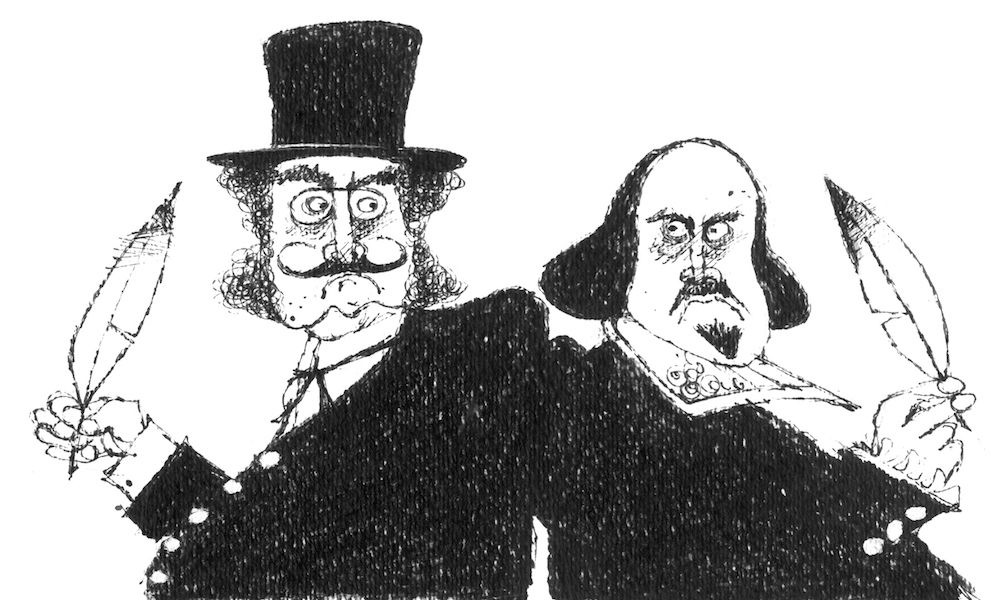As Catherine Love and Andrew Haydon continue their good cop, bad cop relationship with the critic prodigies, they have furnished us with yet another slew of guidelines and things to take into account. Although, this time I have to say I was completely enamoured with the Charles Spencer’s piece on why it’s not a critic’s job to be nice. Having read the piece, which I reproduce in its entirety below, I felt that it was something that resonated with my own approach.
For my sins (which must be grievous) and purely as a result of Buggins’ turn currently find myself the president of the Critics’ Circle. Our meetings make the councils covered as a cub reporter seem like a fiery crucible of high drama, but by and large we are a harmless and well-meaning bunch.
We are also affiliated to the International Association of Theatre critics, which represents 2,000 reviewers in 50 different countries. This, seems mostly harmless and largely an excuse for freebies to foreign lands, though Eastern and conferences always seem to be held in the grimmer Europe, rather than say Hawaii or Thailand is beyond me.
The association has just published a proposed code of practice for critics that strikes me as completely wrong-headed. The Ten Commandments may have been enough for God and Moses, but we theatre critics are faced with 11 of them. Personally, I’ve always thought that the critic’s obligations can be summed up very briefly: arrive sober, stay awake, stay to the end and don’t take a bribe unless it is big enough to allow you to retire in comfort for the rest of your life. My own price, should anyone be interested, is £1.25 million in used twenties.
The association is much more earnest and long-winded. We are supposed to acknowledge that we are “explorers in the art of theatre’, whatever that means, and told that we should “welcome new ideas, forms, styles and practice”. Why on earth should we if they are no good? We are also urged to write truthfully and (dread word) appropriately, and to respect the dignity of the artists we are responding to.
This last injunction seems to outlaw the great pleasure of writing and reading a vigorous piece of knocking copy. There is a place for the abusive review, and taking the mickey out of pretentious or inadequate actors or directors is an important part of the job.
The great misapprehension that shrouds the association’s code of practice is the belief that critics are part of the theatre community and that we should do everything in our power to encourage and support it. That is wrong. We are observers, not participants, and our only loyalty should be to our readers. If we can entertain them while sparing them the time and expense of seeing dire shows, so much the better.
